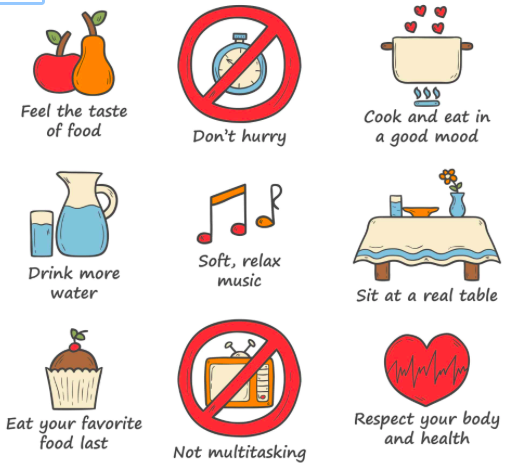
Experts say that listening to music by the likes of Amy Winehouse and Eminem can stop you comfort eating.
It may feel natural to dip your hands into the biscuit tin after a stressful day at work, but researchers believe they’ve uncovered a simple trick to help banish your desire to comfort eat — listen to music.
Scientists analysed how many snacks women ate after listening to certain types of music. Participants were made to feel sad, as part of the study’s attempts to see how food and music can help to combat negative emotions.
Women who listened to music which released feelings of anger or sadness ate half the amount of crisps, chocolate and confectionary, compared to volunteers not given any headphones. Such tunes included Amy Winehouse’s Back To Black, Eminem’s Mockingbird, and Linkin Park’s In The End.

Women also ate about a third less after listening to music that provided solace, such as Coldplay’s Fix You or Sam Smith’s Lay Me Down.
If you’re feeling stressed, and you’re concerned it might lead to eating lots of unhealthy junk food, get your headphones on and listen to some lovely comforting music. It could actually even help with weight loss.
How music works in making people eat less is not fully known, but experts suggest it could be linked to the release of “happy” hormones like dopamine and serotonin. And unconsciously we might grab food at times of stress, because it also provides a positive dopamine, and serotonin boost.
This is not the first time that sound has been shown to affect what and how much we eat. Researchers at the University of Birmingham analysed the effects of distraction by noise and visual stimuli such as television. They found that we eat more food at a meal when we’re distracted. In fact, some experts say any music — or other disturbing noise such as the TV or conversation — should be avoided at meal times to control food consumption.

Meanwhile, ‘mindful eating’ (part of which is focusing on eating slowly, without interruption or noise) is listed in Germany’s national dietary guidelines as a way to approach all meals and snacks. But how does eating in silence help you?
Quite simply, it reduces distractions that can promote over-consumption. Plus, it potentially increases enjoyment of the meal. It also triggers a phenomenon, dubbed ‘the crunch effect’ by researchers, who believe that hearing yourself eat noisy foods encourages you to slow down your eating.
The sound of crunching creates natural ‘pause points’, a moment during eating when the consumer becomes more aware of their behaviour and may consider the amount of food they have consumed. As a result, they may then slow down or stop eating.
So, the moral is, eat silently or alternatively with the “right” type of tunes.








